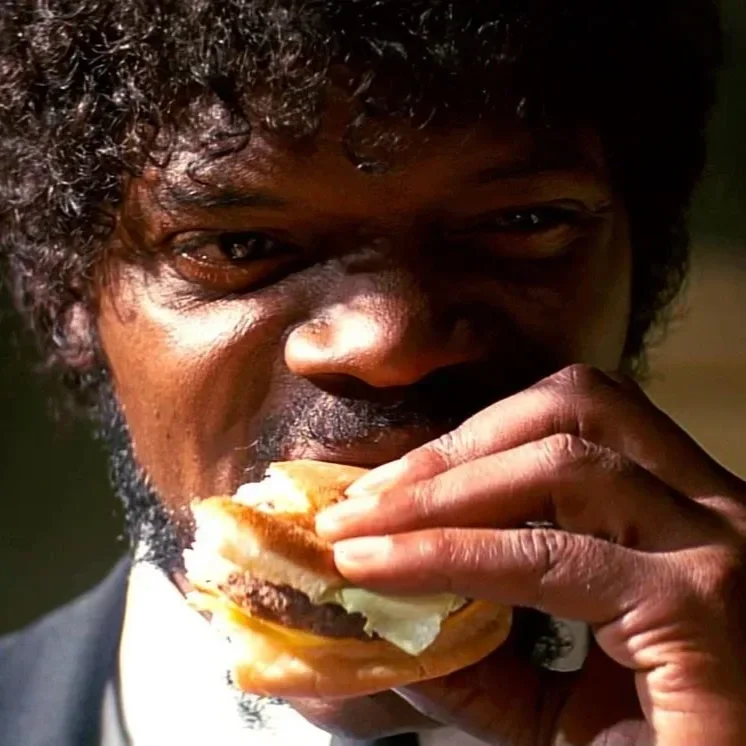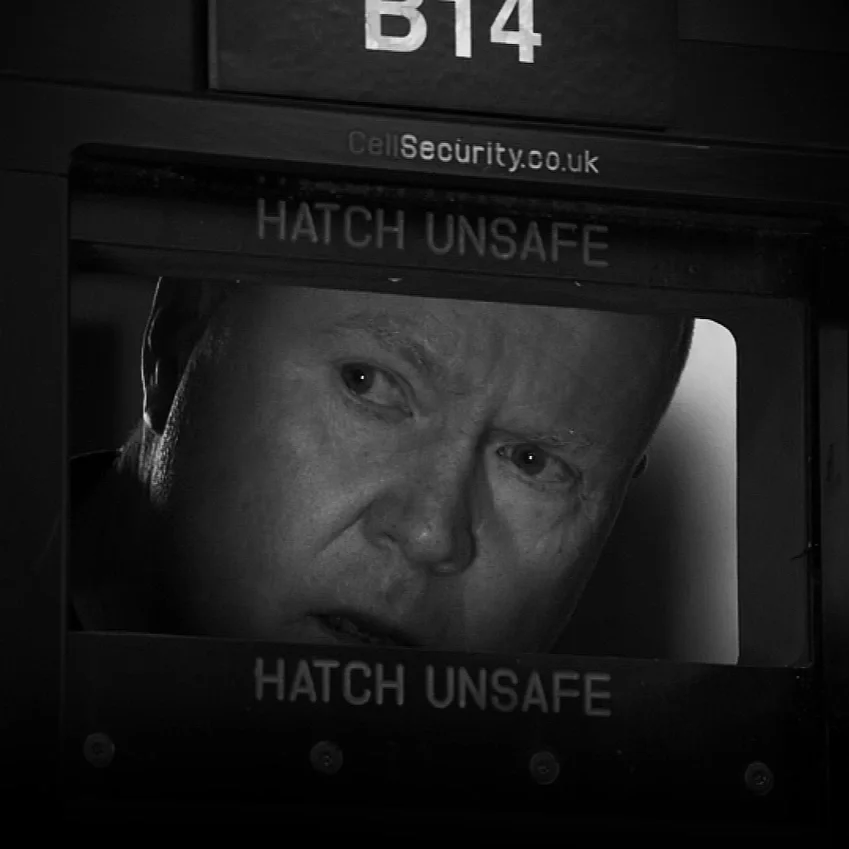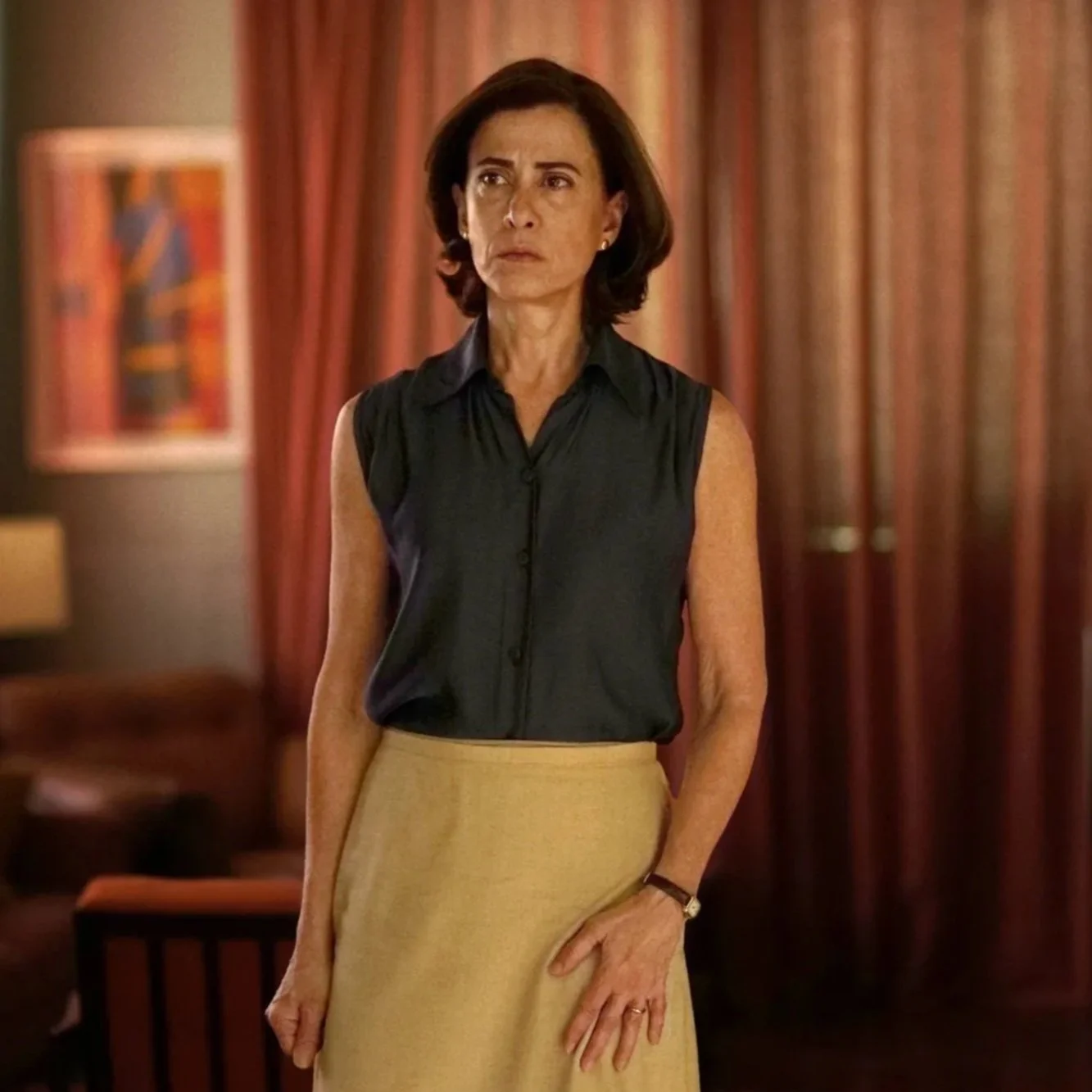We Argue About It Still: The Virgin Suicides’ Still Point Of The Turning World
“So much has been said about the girls over the years. But we have never found an answer. It didn't matter in the end how old they had been, or that they were girls... but only that we had loved them... and that they hadn't heard us calling... still do not hear us calling them from out of those rooms... where they went to be alone for all time... and where we will never find the pieces to put them back together.”
There’s a wonderful moment in Sofia Coppola’s The Virgin Suicides where, forbidden from talking to boys and grounded from socializing, a group of teenage sisters play their favorite records down the telephone to the boys across the street. No words, just the songs back and forth between them as they struggle to make sense of their shrinking suburban world. I like to think we all have these kinds of moments in life. Maybe not in such a dated form, but those songs which take us back to specific memories and the people of our lives. Of old relationships and friends long gone. Of places no longer and the things which have made us… us. The music of a memory cuts through history in ways which produce powerful nostalgia. They’re transportational in taking us to places we sometimes don’t want to go. And when we go to the movies, they not only take us back, but show us uncomfortable truths too.
”What lingered after them was not life, but the most trivial list of mundane facts: a clock ticking on a wall, a room dim at noon, and the outrageousness of a human being thinking only of herself.”
The Virgin Suicides is one of those movies where the music got to me before the film did. I’d loved the French band Air’s album Moon Safari in the late nineties, so when they came out with their new single Playground Love, which was the soundtrack to a film by the daughter of the guy who’d made The Godfather, it was an easy sell. But little prepared me for the context which the movie would bring to the soundtrack. The music aches of late seventies suburban nostalgia with its Moog synthesizers and whispered lyrics, but the film itself is far from chill. As you’d expect from the title of a film which could easily be for a horror movie, which to be clear, this isn’t, this is about death. Not only the deaths of the story’s protagonists, but also the death of something else. Something more potent. It’s about what’s lost from a time well before the advent of connected technologies, and where music was about as vinyl and beige as the furniture.
”We would never be sure of the sequence of events. We argue about it still.”
The story isn’t an easy one. Set in suburban Detroit in the mid-seventies, the Lisbon sisters are five teenage girls, dominated by their oppressive mother, terrifying playing by Kathleen Turner, and placated by their distracted father, a mathematics teacher at their local high school, wonderfully played by James Woods. The film seethes with the tension of high school romance, and for as much airy Moog permeates the soundtrack, there’s also the inclusion of poignant and well placed songs from Heart, 10cc, Gilbert O’Sullivan and The Hollies. The music transports us back to the seventies and Coppola shows us what remains. For the kids in the neighborhood, it’s a world of cars and sports, boys and girls, school and television. The high school dance is everything as the pairing off gets planned in advance. It’s not a world I ever knew, but it’s a world I thought about a lot growing up, and probably sowed the seeds for moving to America in my twenties.
”Doctor: What are you doing here, honey? You're not even old enough to know how bad life gets.
Cecilia: Obviously, Doctor, you've never been a 13-year-old girl.”
But for as idyllic as everything is, all is not well. And in the tradition of David Lynch’s cinematic white picketed terrors, what appears when you lift the veil on suburban America is often not something you can unsee. Cecilia, the youngest of the Lisbon sisters at thirteen is the first to go. The film opens with her making an unsuccessful attempt on her life and receiving what’s obviously ineffectual therapy at the hands of a beautifully cast Danny Devito as the high school counsellor. Her second attempt is more targeted, and fatefully successful. She jumps from her bedroom window onto the house railings, impaling herself during a family party. And as the family grieve, they become more and more closed to the outside world at the hands of their distraught mother.
”Collecting everything we could of theirs, the Lisbon girls wouldn't leave our minds but they were slipping away. The color of their eyes was fading along with the exact locations... of moles and dimples. From five, they had become four, and they were all the living and the dead, becoming shadows. We would have lost them completely if the girls hadn't contacted us.”
The story is mainly told through the lens of the boys who knew them. The local boys who were infatuated with the Lisbon sisters, and who still tell stories about them as grown men, still trying to piece together what happened. The film moves backwards and forwards in time, with narration in the present but events in the past, but told as we experience them in our present. These are the boys who tried to get to know the girls, but never could. And as the girls increasingly try to experience the real world beyond the television dinners and sewing circles of home, the boys tell us of the one boy who ever really got to know one of the sisters, Trip Fontaine, who ‘had emerged from baby fat to the delight of girls and women alike’.
“We knew that the girls were really women in disguise, that they understood love, and even death, and that our job was merely to create the noise that seemed to fascinate them. We knew that they knew everything about us, and that we couldn’t fathom them at all.”
Introducing the world to Josh Hartnett as Trip, he takes the now youngest sister, Lux, who similarly would introduce the world to a teenage Kirsten Dunst (but who was only four years older than she’d been in Jumanji but seemed to have aged by ten years in 1999) to the high school dance. Completely unattainable to anyone other than him, the game of cat and mouse between high school quarterback and the envy of all other boys, and the sheltered but devastatingly beautiful local sweetheart plays itself out, all while Air’s Playground Love swells in the background.
”She was the still point of the turning world, man.”
It goes just about as well as you’d expect. Trip hooks up with Lux in the middle of a deserted football field, and then leaves her to wake up alone the next morning, arriving home to the fury of her mother. At this point the family go on maximum isolation lockdown in response. The girls are taken out of school, and all contact with the outside world stops. The local boys make contact through the telephone, and the wonderfully tender scenes of the boys on one side of the street playing records down the phone to the sisters on the other side are some of the best of the movie. But time is short. The boys summon up enough courage to wait for their parents to go to bed one night, and arrive at the house, offering to take the sisters for a drive. Lux, seemingly excited to go, tells them to hang on, and she’ll be right there.
”In the end, it wasn't death that surprised her but the stubbornness of life.”
Then one-by-one as the boys nervously wait in the deep pile carpet of the living room, the suicides unfold. Bonnie hangs from the ceiling rafters. Mary with her head in the gas oven. Therese in bed overdosed on sleeping pills. And finally Lux, consumed by the fumes of a running car in the garage, still with cigarette in hand. Mr and Mrs Lisbon, torn with grief, move away, and the credits roll as the boys begin their lives’ work to make sense of it all.
”In the end we had the pieces of the puzzle, but no matter how we put them together, gaps remained, oddly shaped emptinesses mapped by what surrounded them, like countries we couldn't name.”
I later read Jeffrey Eugenides’ original book which served as the inspiration for the film, but the movie remains just as opaque. It’s one of those movies you think about for a long time, in my case, decades. I only recently rewatched it, almost twenty five years after I first saw it, and I was just as spellbound. It’s a film which shows a world I longed for, but could never have. A world the film demonstrates is a world no-one wants. A world filled with the hopes and emotions of teenagers who can’t wait to get out. However that happens.












































